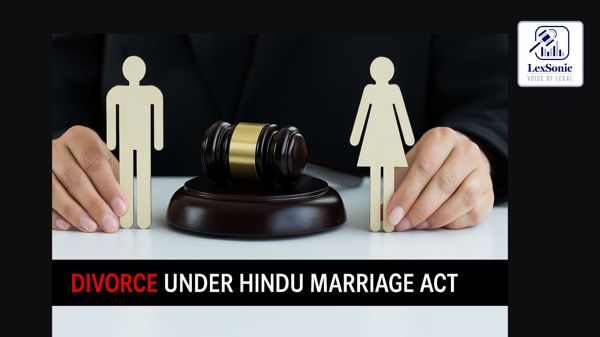Convenience and Fairness in Matrimonial Litigation: Supreme Court Orders Transfer to Ensure Equal Access.
31 October 2025
Divorce Law >> Family Law | Divorce under Hindu Marriage Act >> Marriage Law
The appellant thus contended that two other related proceedings between the parties were already pending before the Family Court at Jeypore, Koraput, and that consolidation before one forum would achieve judicial economy and avoid undue hardship. The respondent, on the other hand, contended that the appellant had earlier expressed willingness to appear through virtual mode—a facility already permitted by the impugned order of the High Court of Orissa.

The order further states that once transferred, the Family Court at Jeypore shall issue fresh notices to the parties and proceed from the stage where the case had reached in Bhubaneswar. More importantly, the Court also reiterated the acceptability of virtual appearances, as it ordered that such a request may be considered with regard to local infrastructure and the legal framework.
The judgment in Manjulata Sahu thus illustrates that judicial discretion for transfer petitions under Section 25 of the Civil Procedure Code has to steer towards ends being both fair and practical. In ensuring that interrelated matrimonial disputes were tried together in one forum, the Court re-underscored that justice must not only be fair but also accessible and convenient to both parties, particularly in emotionally and logistically demanding marital disputes.
Section 9, HINDU MARRIAGE ACT - 1955
Section 13, Hindu Marriage Act - 1955
